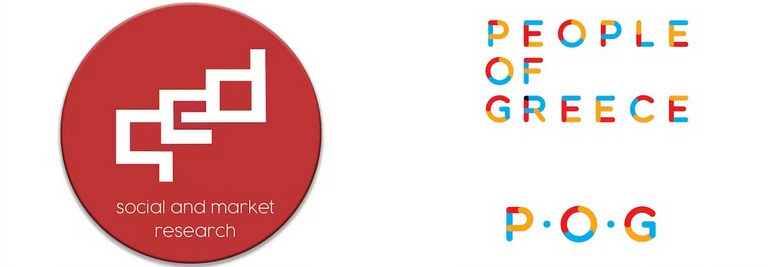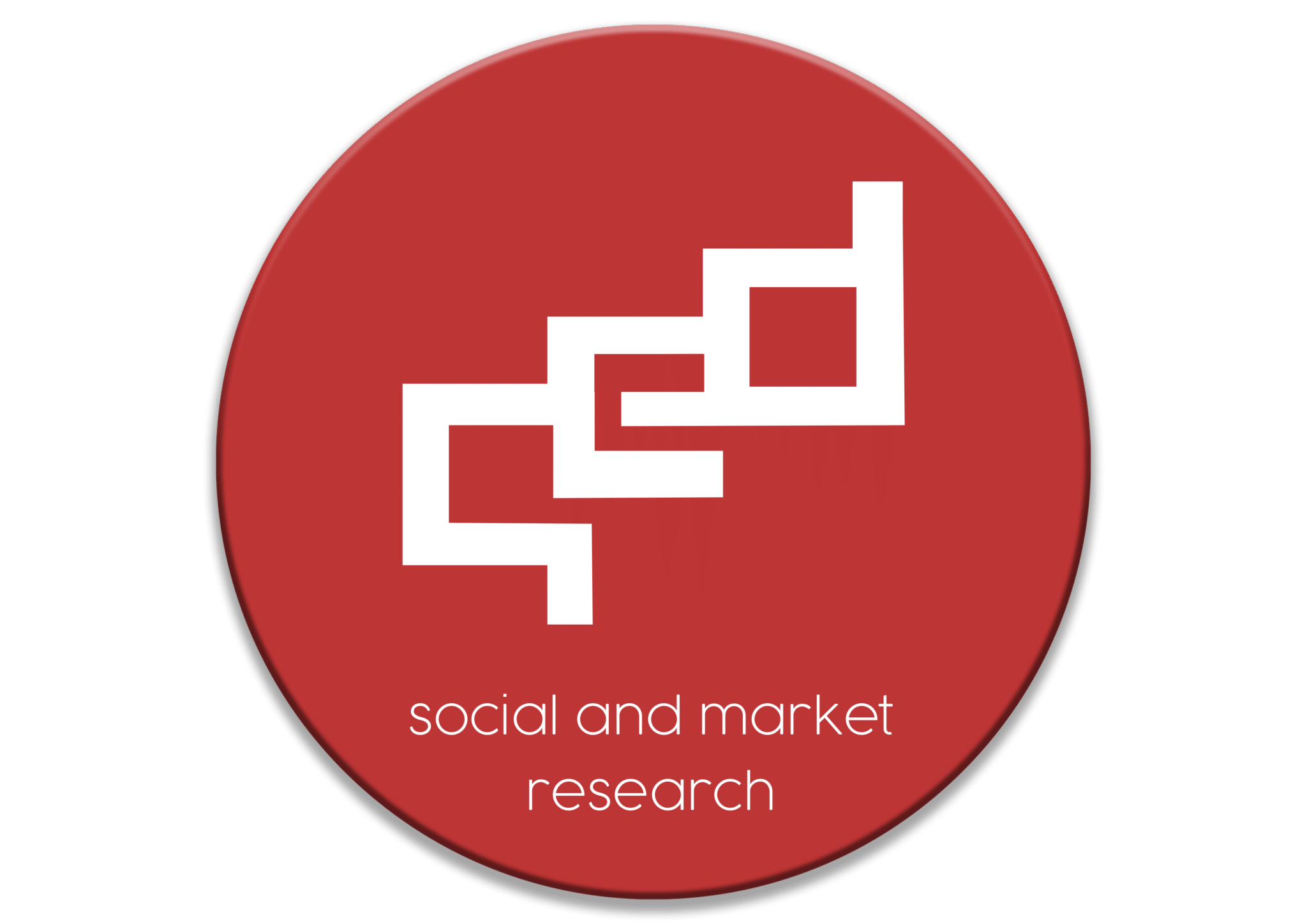
This week, the People of Greece research platform recorded the subjective perceptions of Greeks on the financial situation of their household and the course of the country’s economic situation, their degree of trust in a number of political and social institutions, as well as in their fellow citizens, their image of various business sectors, their views on the issue of the evaluation of civil servants and the abolition of permanent status, their stereotypes of Russians, Israelis and the Palestinians.
The findings showed that:
- Greeks feel that they are experiencing a daily routine of marginal survival, while expectations for improvement of this daily routine are almost zero for the vast majority.
- The “normalization of their difficulties” translates into a disdain for all institutions, except the Armed Forces and the Universities, for which a mild and ideologically untinged acceptance is recorded. On the contrary, the low levels of trust in the institutions of Parliament, the Government and the Opposition demonstrate the crisis of representation and legitimacy of political power.
- The entrenched experience of social frustration creates a substrate of suspicion for the average Greek in his interpersonal relationships as well.
- The evaluation of civil servants is a majority demand of citizens and civil servants alike, even when it is linked to the possibility of removing their permanent status. However, the raising of the issue by Kyriakos Mitsotakis creates reservations in a significant part of public opinion about the substance of the matter.
- The traditional pro-Russianism of the Greeks has visibly shrunk as a consequence of the war in Ukraine, for which, however, the responsibility is shared by all sides.
- The traditional anti-Semitism of the Greeks remains strong, as a consequence of the war in the Gaza Strip, for which the responsibility lies asymmetrically, in the opinion of the Greeks, with Israel.
- Pro-Russianism shows no ideological colouring, while anti-Semitism – more as a symptom of pro-Palestinian positions – shows a strong “leftist colouring”.
- Freddo Espresso is by far the most popular form of coffee in Greece, with Greek coffee following firmly behind as the traditional choice. However, the existence of a variety of preferences suggests a coffee culture that is rich, eclectic and deeply embedded in everyday life.
- Ordering food has become an embedded practice in the life of the urban consumer, especially for younger people.
See in detail the opinion of Greeks in the infographics below.
Financial situation
- Two out of three Greeks describe their financial situation by stating that they do not have enough money to fulfil their wishes or to put money aside, while one in ten Greeks say they have to borrow or leave basic needs unmet. Both options show a significant increase compared to last year’s corresponding measurement.
- Greeks’ forecasts for the country’s economic situation after 12 months remain as cautious to gloomy as recorded in last year’s corresponding measurement, with just 10% of Greeks predicting an improvement.


Trust in institutions & social trust
- Greeks’ levels of trust in all kinds of institutions are significantly lower than last year’s levels, with the police being the institution that shows the biggest decrease compared to last year’s level.
- The armed forces and universities are the institutions that garner the relatively highest levels of trust, while the media and purely political institutions (parliament, government, opposition) are those that garner the lowest levels of trust.
- Equally low are the levels of social trust among Greeks, with three out of four saying that we should be cautious and suspicious of most people.


Confidence in the business sectors
- The technology business sector is the one that shows the highest levels of trust among the Greek public, even widening the positive balance compared to previous measurements. The only other business sectors that show a positive balance are bread and pastry, supermarkets, electrical and electronics companies and automotive companies.
- Television stations, banks and insurance companies are the business sectors with the consistently largest negative balance of confidence in recent years. A significant increase in the negative confidence balance is observed for the polling and marketing and advertising sectors.

Removal of permanent status
- Although a large majority of Greeks are in favor of the evaluation of civil servants (82%), linking the issue to the removal of tenure reduces the range of agreement with the position (71%).
- The position in favor of the evaluation of civil servants is also a majority among civil servants themselves (84%), but the link between the issue and the abolition of tenure reduces the range of agreement more strongly, without however making the position a minority position (64%).
Mentioning the name of the Prime Minister as the transmitter of a statement in favor of the evaluation of civil servants reduces levels of agreement by 10 percentage points, regardless of whether a link is made with the removal of tenure or not. - The reduction is even more pronounced among civil servants, who in the case where the statement is attributed to the Prime Minister and linked to the removal of tenure, overwhelmingly say they disagree.


Attitudes towards Russia and Israel
- Most Greeks avoid taking a negative or positive stance towards the Russians, but the majority of Greeks take a negative stance towards the Israelis and a relatively positive stance towards the Palestinians. Greeks self-positioned on the left express more strongly negative positions on the Israelis and more strongly positive positions on the Palestinians, while the positions of voters positioned on the right are less distinct.
- Greeks appear divided on blaming the war in Ukraine, with one-third attributing responsibility to all sides, ¼ to Russia and ¼ to the US and the West.
Israel is held responsible for the war in the Gaza Strip by 35% of Greeks, with about ¼ blaming all sides and only 1/10 blaming the US and the West.
Maintaining a neutral position on the Ukraine war is preferred by three out of four Greeks. Younger people seem more ready to condemn Russia and the proportion of younger people who want to maintain a neutral position is lower. - Maintaining a neutral position on the issue of the war in the Gaza Strip is preferred by slightly more than half of Greeks. Younger people seem more ready to condemn Israel and the percentage of younger people who want to maintain a neutral position is lower.



Food and coffee
- One in ten Greeks, and one in five Gen-Z Greeks, order food over the phone or via apps almost every day or more often.
- Nine out of ten Greeks drink some type of coffee, with Freddo Espresso and Greek being the most popular.
- One in four Greeks, and one in two Gen Z Greeks, usually buy their coffee from a store.




